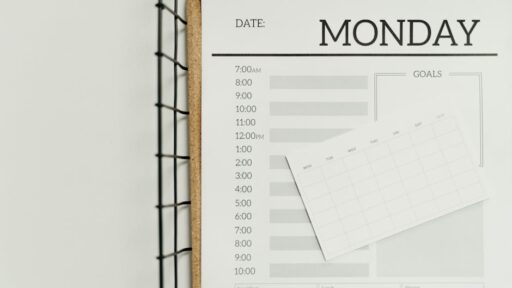Mastering Takt Time, Cycle Time, and Lead Time in Manufacturing
In the manufacturing and assembly industry, understanding Takt Time, Cycle Time, and Lead Time is crucial for optimizing workflow, resources, and project completion times. These concepts, though fundamental, often confuse many practitioners in project management. In this article, we demystify these terms, highlight their relevance, and outline the calculation methods for each.
Understanding Takt Time
Takt Time represents the pace of production needed to meet customer demand. It is the maximum acceptable time to produce a product, aligning production with customer needs.
Formula: Takt Time = Net Production Time (NPT) / Customer Demand
Net Production Time excludes downtime such as breaks and maintenance. By integrating Takt Time, companies can align production rates with customer demands, avoiding overproduction or delays.
Example Calculation:
Suppose a burger company has a daily demand of 300 pieces and 440 minutes of Net Production Time:
- Takt Time = 440 / 300 = 1.46 minutes per burger
Deciphering Cycle Time
Cycle Time measures the actual time taken to produce a product, from the start of manufacturing to readiness for delivery.
Formula: Cycle Time = Net Production Time / Number of Units Produced
In our burger example, if 250 burgers are produced in 500 minutes, the Cycle Time is:
- Cycle Time = 500 / 250 = 2 minutes per burger
The Role of Lead Time
Lead Time encompasses the entire production process from order receipt to delivery and payment. It includes pre-processing, processing, and post-processing times.
Formula: Lead Time = Pre-processing time + Processing time + Post-processing time
For instance, a customized T-shirt order placed on June 14 and completed by June 23 has a Lead Time of 9 days.
Optimizing Production Processes
To synchronize Cycle Time and Takt Time, adjustments to workflow may be necessary. Using a time tracking solution like Traqq can help identify inefficiencies and improve production alignment.
Traqq offers features such as employee performance monitoring, break tracking, and automated payroll processing, ensuring every minute is accounted for and enhancing productivity.
Start optimizing your manufacturing process today. Track time with Traqq and unlock efficiency.



